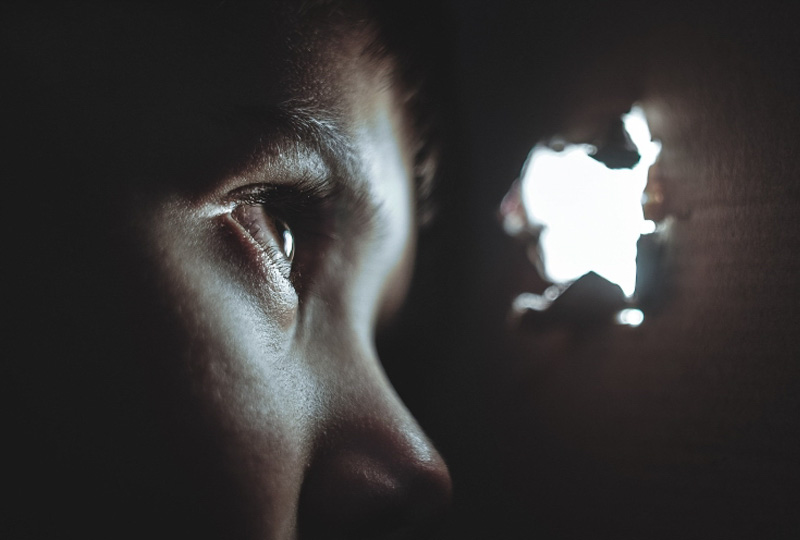Nelson Mandela once said: “The true character of a society is revealed in how it treats its children.” So what must we do to build a respectable society and protect our children from abuse?
Child abuse continues to be a hot topic in this country yet it remains unresolved, with 14 cases reported each day according to statistics from the Welfare Department and UNICEF Malaysia.
“Child abuse cases are on the rise,” says acting Chair of the faculty Education and Social Sciences, Dr Aliza Ali. “We cannot take them lightly because we are indirectly denying children’s right to be protected from harm or mistreatment.”
Dr Aliza has an extensive background in early childhood education, early language and literacy, curriculum development and pedagogy in teaching and learning. As the Director for the Master of Early Childhood Education programme, she is very passionate about this serious problem.
“Poverty and stress are key factors in most child abuse cases,” she explains. “The abuse can be caused by parents or caregivers who cannot control their temper when dealing with children. They may also lack understanding of children’s emotional development and needs.”
“Poor parenting, alcohol or drug abuse, family crises, divorce and financial problems are also common reasons behind such cases.”
The impact of abuse is long-lasting as children often carry their trauma into adulthood, leaving them more likely to develop mental problems and even commit suicide. They also have the potential of turning into abusers themselves.
Dr Aliza emphasises that education is crucial to combating child abuse.
“Universities must play a more active role by educating people on child development, the hidden dangers of child grooming and the impact of child abuse. These entail introducing parenting subjects into the school curriculum as well as offering child development courses at diploma, degree and master levels. In the national context, as part of Child Act 2001, increasing penalties for offenders and improving case reporting would better safeguard children’s rights.”
Nevertheless, Dr Aliza believes stricter laws and punishments are not enough. Caregivers need to better understand children’s needs. They also need training to recognise signs of abuse, such as unexplained bruises and cuts, fractures or burn marks, bed-wetting and sleeping problems, unusual sexual behaviour or conversations, social withdrawal and rebelliousness.
“Training parents and guardians can prevent or stop child abuse. This has been proven through research,” Dr Aliza concludes.
Find out how to recognise the signs of child abuse in the first issue of Contact – the alumni magazine at http://alumnimag.oum.edu.my









